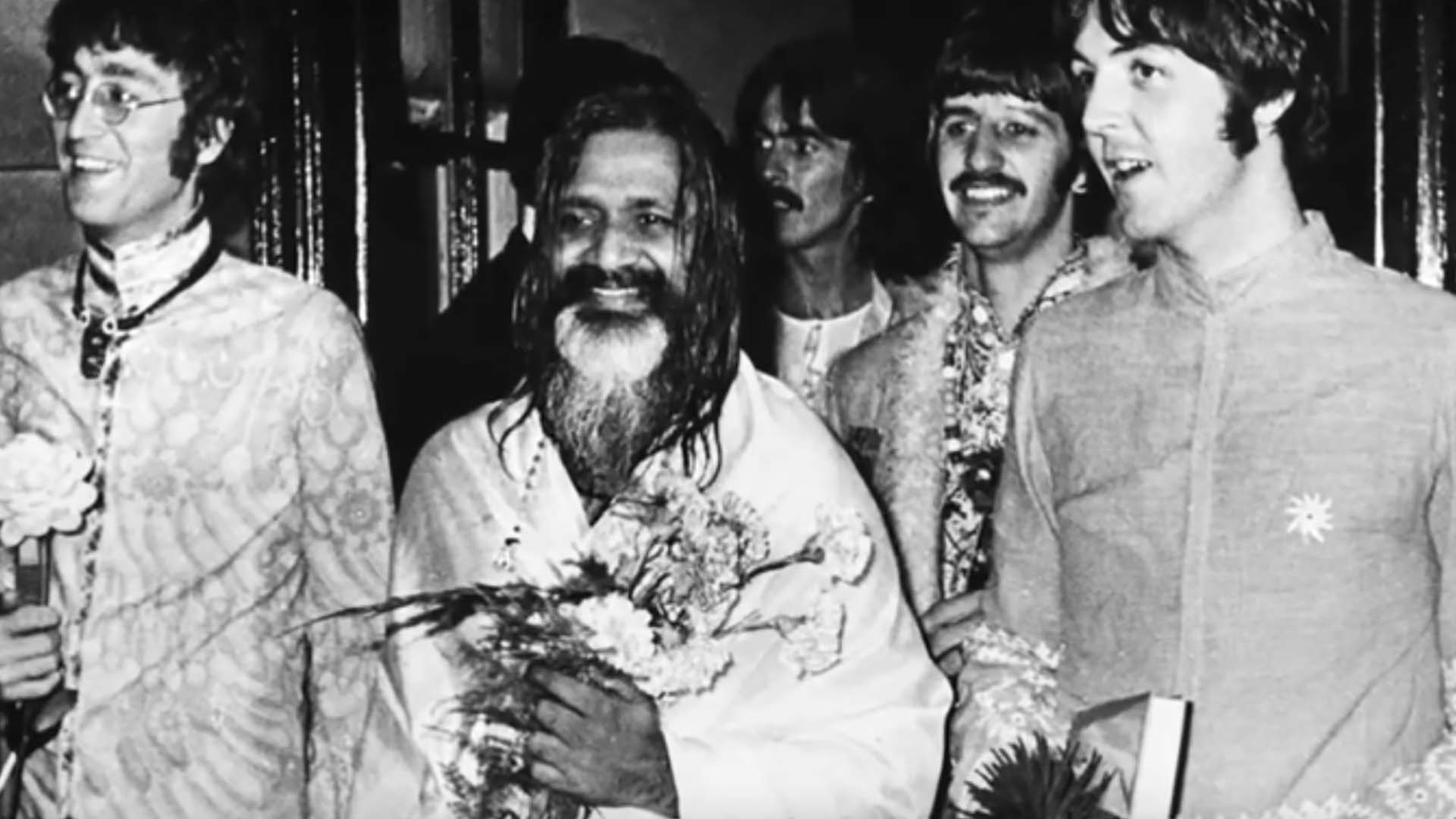About us
The School of Philosophy Kent
School of Philosophy Kent
We are the School of Philosophy Kent, a regional branch of the School of Philosophy and Economic Science, we offer Practical Philosophy classes at our philosophy centres in Kent.
The School is a registered educational charity, founded in 1937, whose principal object is to promote the study of natural laws governing relations in human society.
- Educational charity, founded in 1937
- Study of natural laws governing relations in human society
- Aim to help individuals lead a fuller, richer and more useful life
Our aim is to help individuals lead a fuller, richer and more useful life whilst evolving the spiritual aspect of their being in accordance with natural laws.
To watch a short 7 minute video of the origins and history of the School please below:

Introduction
Over the past 30 years more than a thousand students have attended the ten week course in practical philosophy held in Kent. With very few exceptions, all have found them to be of great interest and practical benefit. Although the course is self contained it also serves as the beginning of a lifetime’s exploration into the nature of yourself.
The course has a very strong emphasis on learning from the most powerful teacher of all, your own experience. It is not an academic approach and there are no exams. The School welcomes a healthy spirit of enquiry and sees this as a prime requisite for making the most of what is on offer.
You will examine your understanding and attitude towards key subjects and compare them with the experiences and wisdom of others. Then you choose to practice something new or carry on as you are. With this approach you can explore, in a practical way, fundamental questions such as Why is this happening to me?, Why am I here? or How can I bring more stillness to the mind? You could say that unless you start doing something different, you are choosing to have for more of the same.
Those completing the course are invited to return for further term’s study where some of the issues covered are examined in more detail.
All the work within the Kent Branch, including the tuition, is carried out on a volunteer basis. The tutors are students of philosophy themselves either in Kent or in London– there are no paid staff. The fees we charge are used to cover the cost of renting accommodation, advertising the course and other administration.








Advaita
Advaita is a term from the Sanskrit language coined by the 7th century Indian sage Shankara that means; non-dual, not-two, i.e. one, unity.
Advaita is a ‘golden thread’ that runs through most of the worlds major wisdom traditions.
For instance, in Buddhism it is expressed as Zen, in Judaism it is found in the teaching of the Cabalah, it is found in Gnostic Christianity from the works of the early desert fathers and medieval mystics. In Islam it is Sufism, in Taoism it is the Tao itself, in the Indian tradition where it expressed most profoundly it is the philosophy of Vedanta.
It can also be found implicitly in Plato, the American Transcendentalists movement and from relatively contemporary teachers like Alan Watts and Eckhart Tolle.
Wonderful classes

The present moment

Very practical

Frequently asked questions
The course is practical in the sense that it takes philosophical ideas and shows how they can be of direct use in our everyday lives. The intention is to stimulate enquiry and through this expand the way we look at the world and ourselves.
Online by clicking ‘Enrol Today’ or email PracticalPhilosophyKent@gmail.com
If you register online, you will receive a confirmation email with your day of attendance. If you register by any means other than online, you will receive a receipt confirming your registration.
Yes, we have a local venue at Maidstone & Tonbridge Kent. There are also many other local venues in other parts of the UK where you can attend the course face-to-face.
No, all you need is an open and enquiring mind. The course is intended for everyone, regardless of education, occupation, race, political or religious belief.
First you need to enrol on a course. The in-person courses are available in Maidstone & Tonbridge Kent and at many other local venues up and down the UK. Local Maidstone & Tonbridge maps can be found on this page.
A tutor presents a topic, perhaps some material and leads a discussion based on what arises. Being practical rather than academic, the emphasis is on personal knowledge. Students are encouraged neither to accept nor reject the ideas put forward, but to test them in practice for themselves, in the light of their own experience.
In this way, for those who wish, the whole week between classes can become a learning opportunity.
As the course continues, the most vivid and valuable part of the evening meetings is often sharing what has been seen in daily life between individual sessions.
be found on this page.
Just an open and enquiring mind, and an interest in the subject matter. At the end of each evening or via a later email a handout with key points and any quotations used is provided.
Mindfulness is knowledge and love working together. One is mindful when an action is heartfelt and you know what you’re doing. Philosophy makes mindfulness practical. Throughout the course, great emphasis is placed on the importance of being in the present moment. Exercises and practices are provided to encourage this connection. These increase the value of each weekly session. More generally, they deepen and enrich awareness of the vibrancy of the world around us in our daily lives.
There is much focus on the direct experience of stillness as the underlying basis for clear observation and connection with oneself. However, the practice of mantra meditation as such does not form part of the course. Meditation is introduced a few terms later for those who wish it. Over time it becomes an increasingly central practice.
Our philosophy tutors have all been studying in the School for some time. All have considerable experience of applying the lessons of philosophy to their everyday lives. They come from all walks of life and many different professions, but all share the same love of passing on knowledge in order that people can get the most out of their lives. None are paid for being a tutor.
This is not an academic course. There are no exams.
The course is not religious, but it does address the spirit in Mankind. It is designed to be suitable for people of all faiths – and those who follow no particular faith.
Yes, for those who wish. Some people find that the introductory practical philosophy course, which is intended to be of real value in its own right, satisfies their interest. Others want to continue their studies. The School caters for this, offering additional courses and the chance to penetrate further the great questions of life. This can last for another term, another year, or longer. However long or short a time people may wish to study in the School, the hope is that everyone will find something of true and lasting value.
The basic format of a group discussion remains unchanged.
In terms of content, the next few terms examine the subjects broadly covered in the introductory course in more detail, exploring further ways to make the study practical.
After that, the study increasingly turns to deeper understanding of the philosophy of Advaita. This can go on for as long as the individual wishes. Each term has the capacity to add something of real value to those whose interest persists.
Advaita is the clearest and most systematic expression we have found of the common philosophy that lies at the heart of many of the world’s great religions and philosophies. Literally meaning ‘one without a second’, it is a universal philosophy of great breadth. Its most central tenet is everyone and everything are in essence the expression of one consciousness.
A true appreciation of Advaita allows life to be led more fully and richly, conferring greater freedom on the individual and those around him or her. It is designed to bring out the best in everyone, whatever the part they are playing.
If you have any questions simply email us PracticalPhilosophyKent@gmail.com



